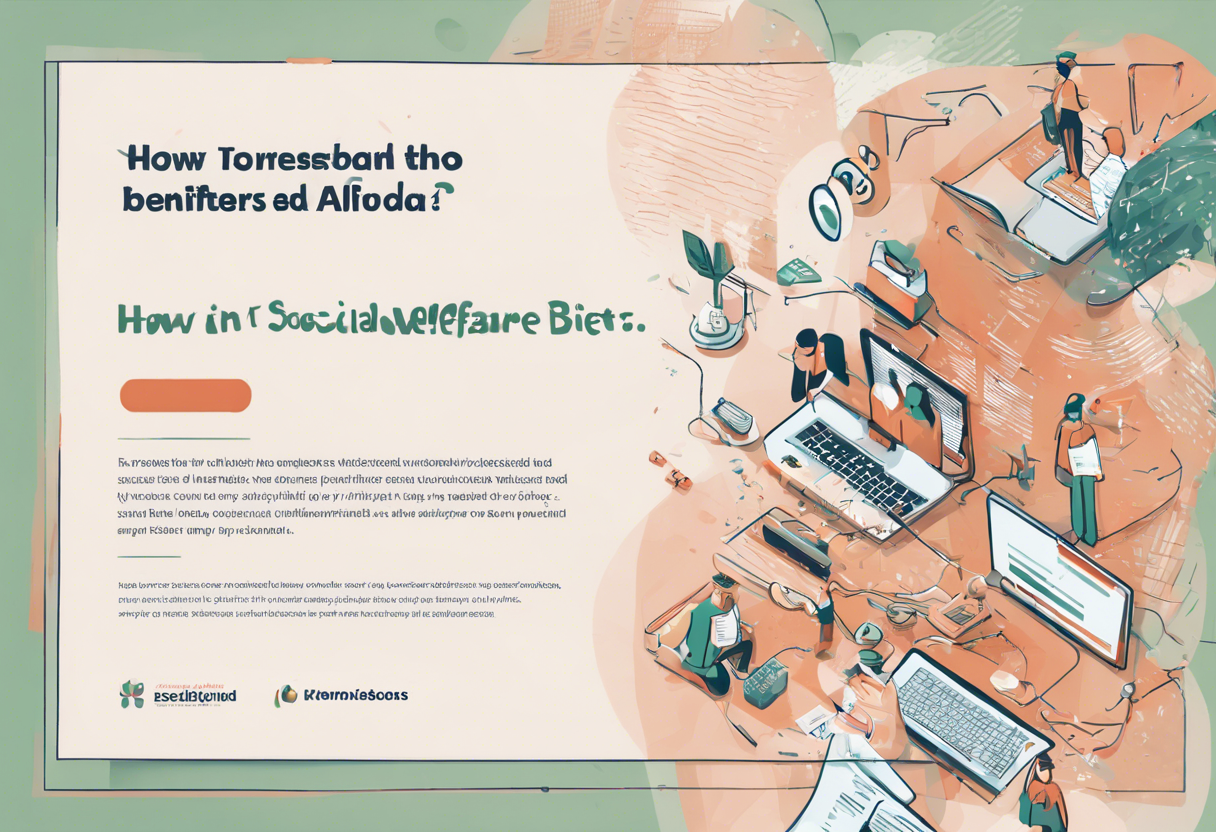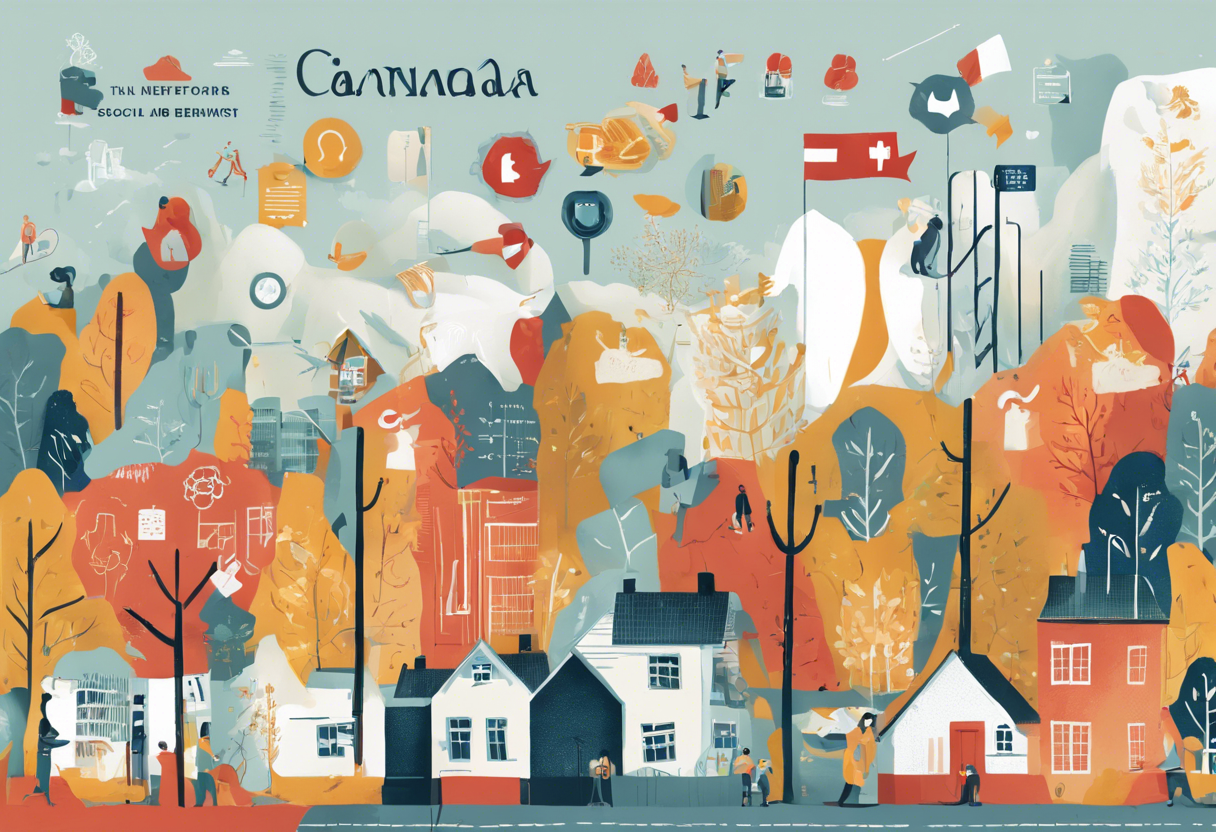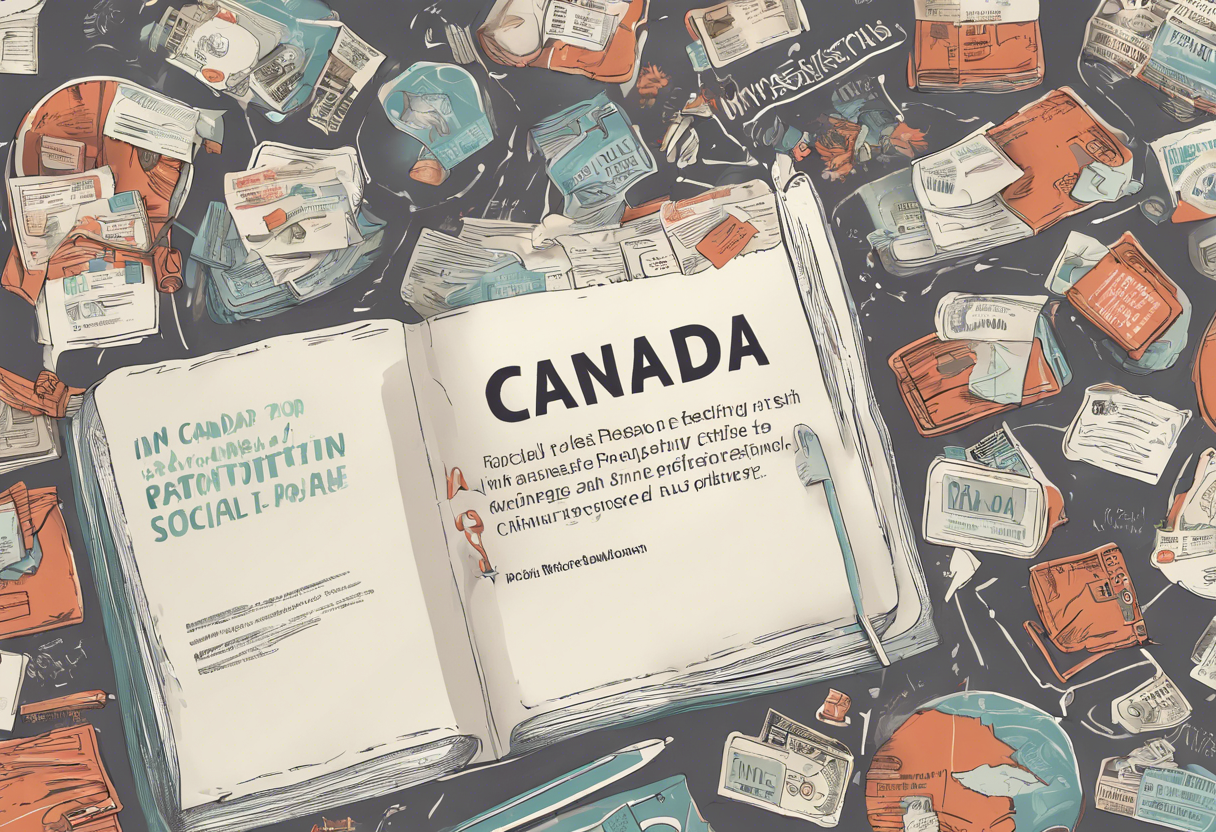Canada is known for its strong social welfare system that provides support to its citizens in times of need. However, marginalized communities in Canada, such as Indigenous peoples, racialized minorities, and people with disabilities, still face significant barriers when it comes to accessing these benefits. This is due to systemic inequalities and discrimination that these communities have long experienced in Canada.
One of the main challenges faced by marginalized communities is the lack of accessibility to social and welfare benefits. Despite Canada’s universal healthcare system, Indigenous communities living on reserves often struggle to access quality healthcare services. This is due to inadequate funding and lack of proper infrastructure in these communities. Similarly, people with disabilities face barriers in accessing disability benefits, which are often complex and require lengthy application processes. These barriers prevent marginalized communities from fully benefiting from the social and welfare support that is available.
Furthermore, the impact of these barriers goes beyond just the financial aspect. Marginalized communities also face social and cultural stigmas that prevent them from seeking support. For example, people from racialized minorities may face discrimination and prejudice when accessing social benefits, leading to a reluctance to seek assistance. This ultimately perpetuates the cycle of poverty and marginalization within these communities.
In order to address these issues, Canada needs to focus on creating more inclusive and accessible social welfare policies and programs that take into account


